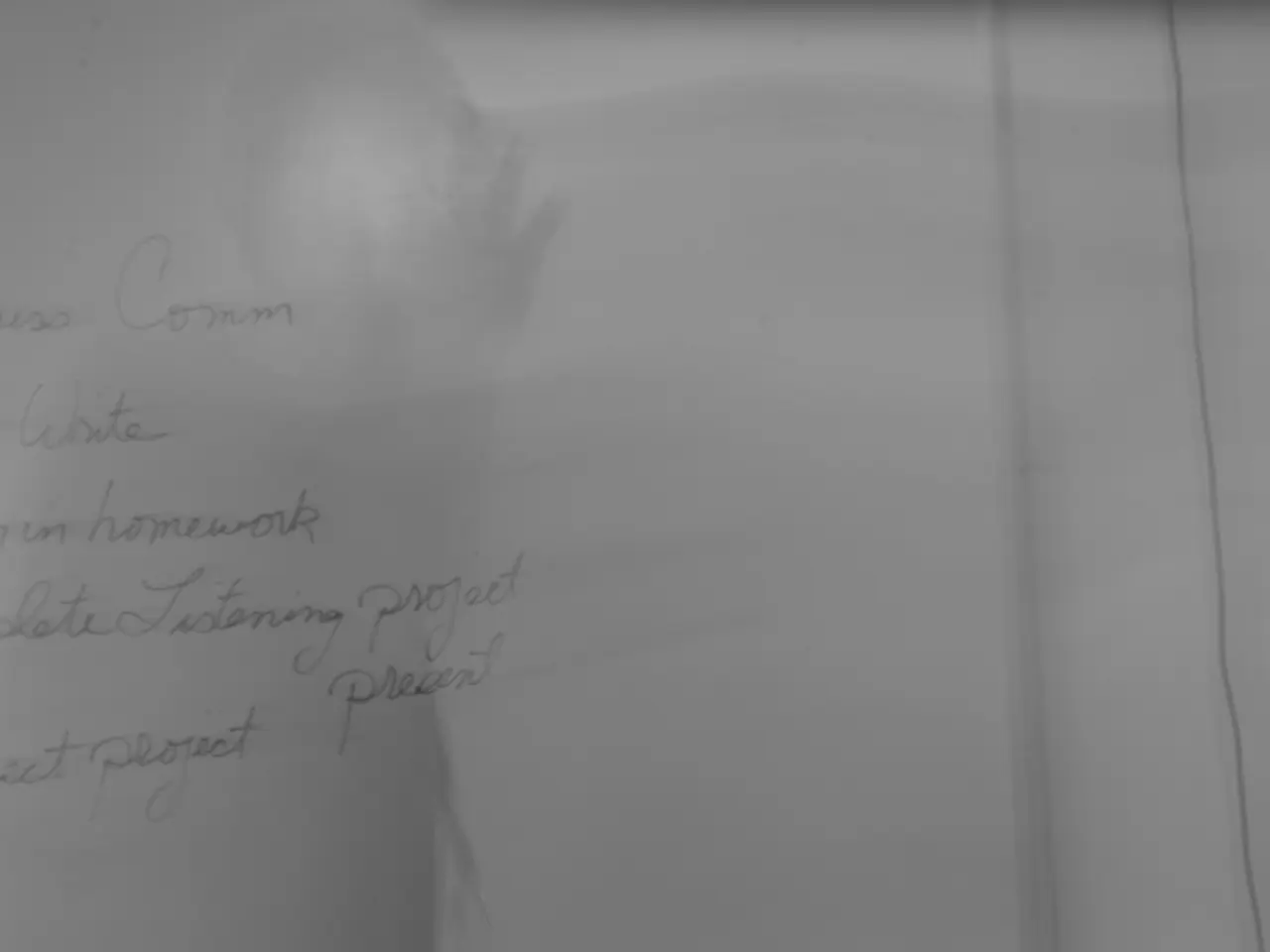Merz Escapes the Reach of Israeli Sanctions
The German government is currently deliberating on a controversial issue concerning proposed European Union (EU) sanctions against Israel, following EU Commission President Ursula von der Leyen's announcement in response to Israel's military actions in the Gaza Strip.
During a press conference with Spanish Prime Minister Pedro Sánchez in Madrid, Chancellor Friedrich Merz revealed that the German government intends to form a position regarding these proposed sanctions by the EU summit at the beginning of October. However, internal disagreements within the German coalition government have arisen.
The SPD within the government supports putting more pressure on Israel, while the CSU is strictly against further sanctions against Israel. The CDU, another coalition party, has shown some opposition to trade sanctions but exhibits a degree of openness to personal sanctions against Israeli officials.
Among the proposed sanctions, von der Leyen suggests removing trade preferences that affect 37 percent of Israeli exports to the EU. She also proposes sanctions against Finance Minister Bezalel Smotrich and Minister of Police Itamar Ben-Gvir, who are accused of human rights violations and incitement to hatred.
Chancellor Merz, in his press conference, did not discuss the proposals in detail, stating that the cabinet will address this issue next week. He also confirmed that the German government, including the entire federal government, would have a position at the informal council on October 1st in Copenhagen, which will be supported by the federal government.
The proposed sanctions against Israel have sparked controversy and debate within the German government, with the issue being contentious among the coalition parties. The German federal government has not yet taken a final position on these sanctions, with discussions ongoing within the cabinet.
This news marks a significant development in the relationship between the EU and Israel, and the outcome of the German government's deliberations will likely have a significant impact on the EU's stance on the proposed sanctions. The upcoming EU summit in early October will provide a platform for a decision on this matter.
Read also:
- United States tariffs pose a threat to India, necessitating the recruitment of adept negotiators or strategists, similar to those who had influenced Trump's decisions.
- Weekly happenings in the German Federal Parliament (Bundestag)
- Southwest region's most popular posts, accompanied by an inquiry:
- Discussion between Putin and Trump in Alaska could potentially overshadow Ukraine's concerns





